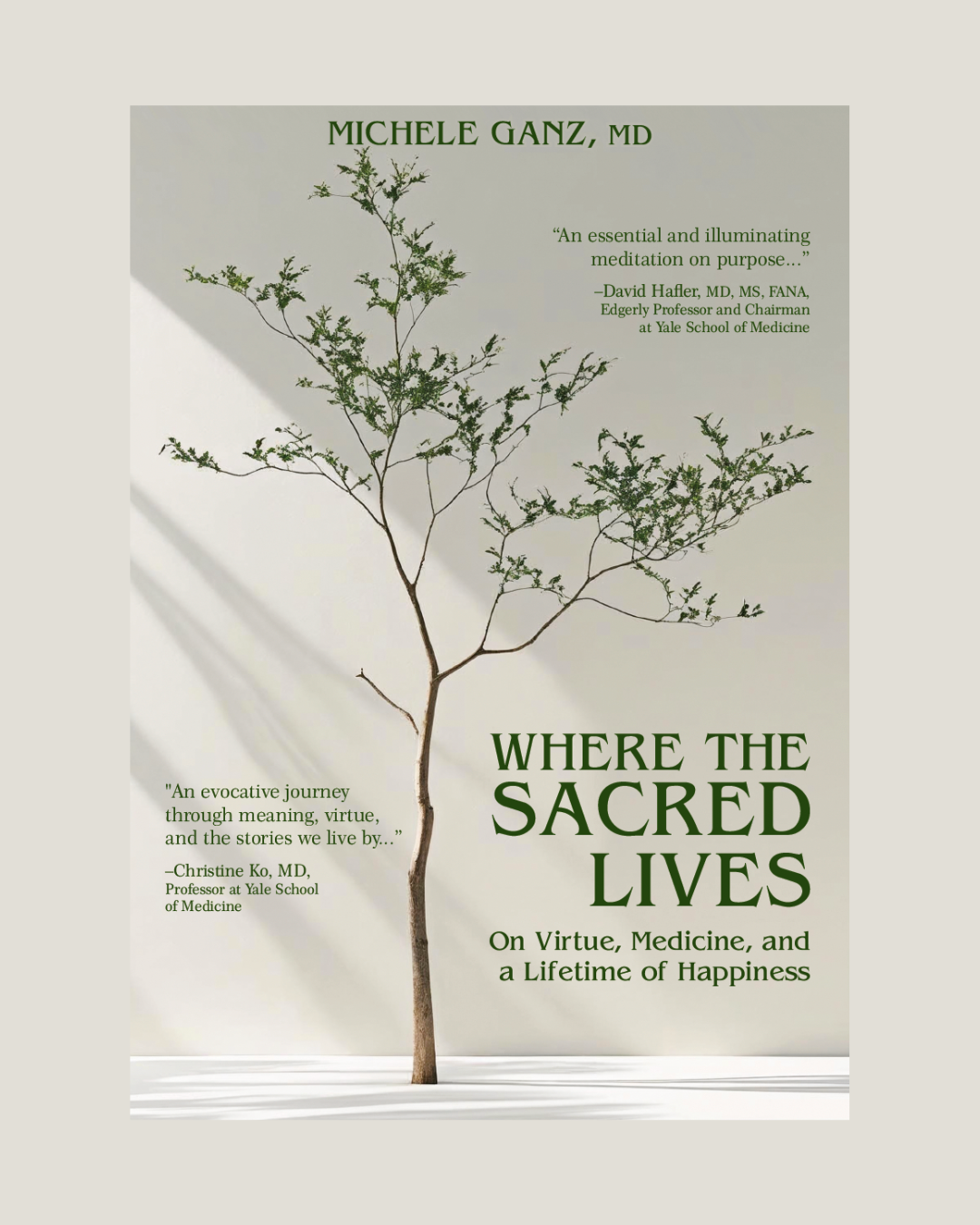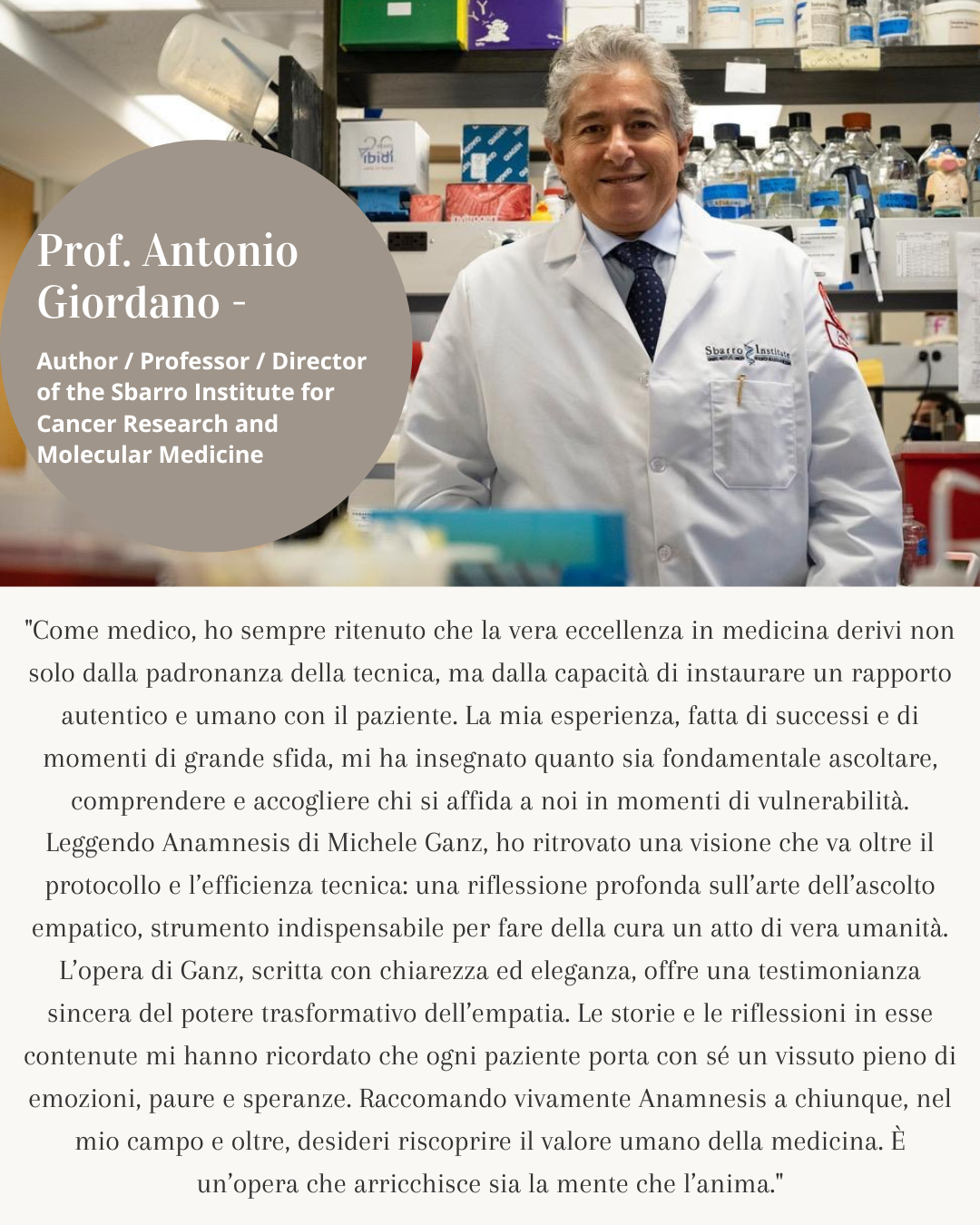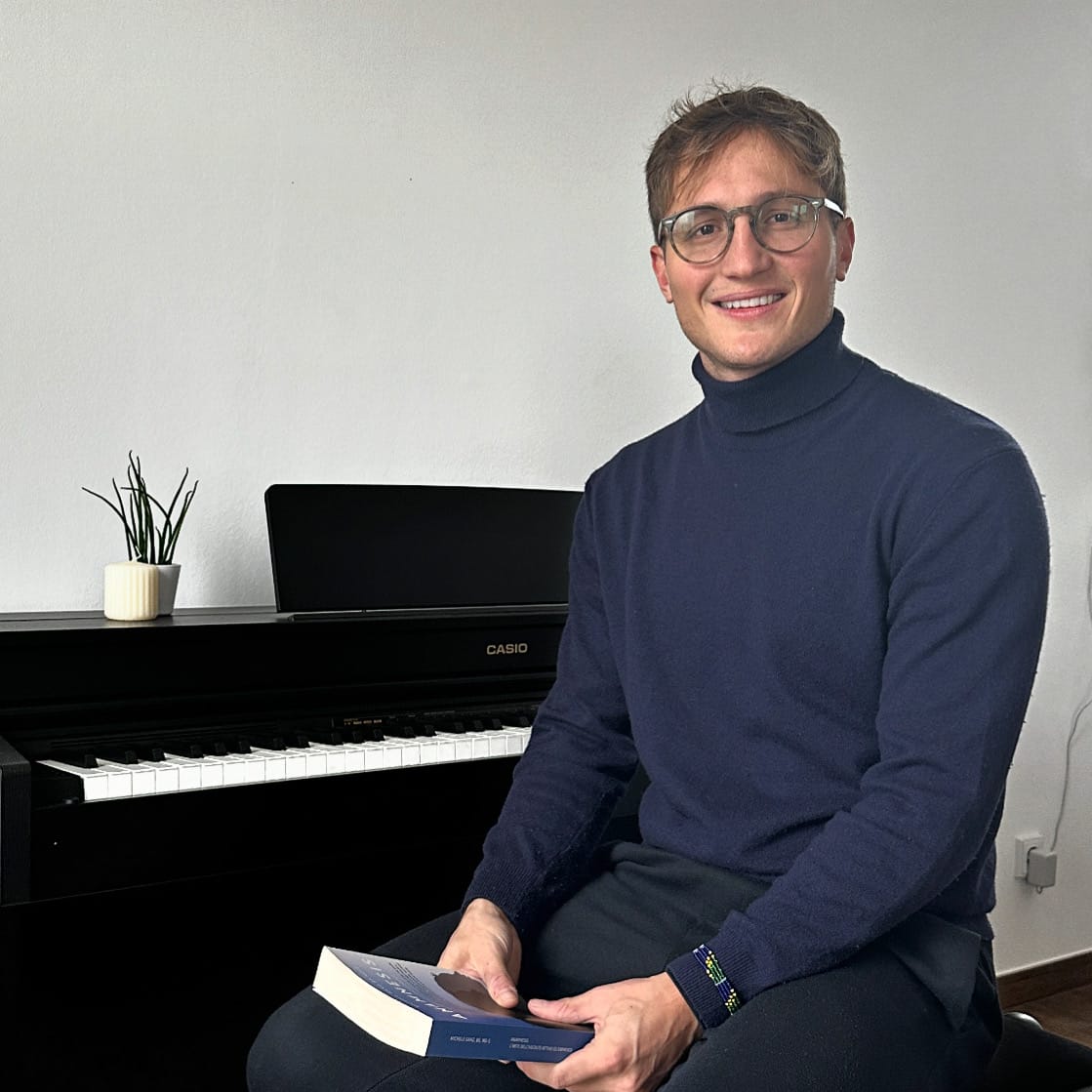"After two years of medical studies, after countless hours spent reviewing lecture notes and exhaustively practicing for anatomy exams, I realize that the knowledge of the human condition is as important, if not more important, than understanding physiology. This realization first dawned on me through my various university experiences. The bold words ‘INSTITUTE OF HUMAN RELATIONS’ etched above the entrance of the Yale School of Medicine remind me that we are more than just scientists. We are also sociologists. Listening to our patients, learning from them, might be the most essential element of our craft. I vividly recall these moments of realization, finding myself increasingly involved in the field of medicine through storytelling. This proved to be better preparation for medical school than any biochemistry or physics exam.
While working for Partners in Health before starting medical school, it was evident that the pandemic had not affected all communities equally. It hit low-income and marginalized communities the hardest. I often think of a quote by Dr. Paul Farmer, one of the founders of Partners in Health: ‘the idea that some lives matter less is the root of all that is wrong with the world.’ Now, as a medical student, I have this quote hanging on the wall as a reminder of the mission of Partners in Health: ‘to bring the benefits of modern medical science to those most in need and to serve as an antidote to despair.’ I ask myself daily: ‘how can I be an antidote to despair and suffering? How can I be a partner for those in need?’ As frontline healthcare providers, parallel to my personal mission as a medical student, I believe it is our duty to work to eradicate systems of oppression. It is through this work that I believe we find our true value. It is in healing that we find ourselves. And healing goes beyond prescribing medications or managing a patient’s symptoms.
Once, while running up the slippery steps of the Sterling Hall of Medicine late for a class, dodging the winter rain and escaping the biting cold, my eyes lifted and focused on a series of Greek letters adorning the rotunda. ‘What do they mean?’ I asked a librarian, curious as I had never seen them before. ‘Those who have torches will pass them on to others,’ she said, a quote from Plato's Republic. I reflect on the meaning of the word doctor, a word derived from the Latin docēre, or ‘to teach.’ My various experiences have made me realize that knowing the facts is not enough to be competent in the art of medicine, not enough to add inherent value to our lives.
As a scholar-activist, I am drawn to projects that intersect clinical medicine, public health, and global development, and I remain committed to promoting truth by denouncing injustice and calling for transformative political change to promote the health and well-being of vulnerable populations. This brings me fulfillment. Throughout my career, I have dedicated my work to improving the lives of the marginalized. Whether it is coordinating anti-smoking campaigns with street children in the alleys of Indonesia, assessing water quality in indigenous villages in the Peruvian Amazon, rushing in an ambulance with critically ill patients to the emergency room, or fighting for the decriminalization of sex work, I have never lost sight of my original goal: to help those in need, using my voice to echo their stories and empathizing with them in their most vulnerable moments. Patients are storytellers. Being a good doctor means being a good listener. I often think of the words of Dr. William H. Foege, former director of the CDC: ‘home is not where you were born, it is where you are needed.’ I vividly remember these magical moments in my career, finding myself magnetically drawn to medicine and public health, knowing I had finally found home, a way to express my value, enjoying the moments that make the journey worth living. The stories of my patients continue to inspire me to act, reaffirming my desire to pursue medicine as a career every day. Sharing our knowledge with colleagues and patients as teachers, as custodians of knowledge, is what makes us who we are: an uninterrupted line of torchbearers. This is what makes our lives worth living.
I am a second-year medical student at the Yale School of Medicine (YSM). I earned a bachelor's degree in biology and a diploma in musical performance with honors from Emory University. I also earned a Master of Public Health from Yale University and a Master of Philosophy in Development Studies from the University of Cambridge as a Rotary Global Scholar. I am drawn to projects that lie at the intersection of clinical medicine, public health, and global development, and I actively conduct research on homelessness, substance use, maternal and child health, palliative care, and urology. I served as Executive Director of the New Haven PAWS Project and as Community Outreach Director of the Neighborhood Health Project, two local clinics focusing on assisting the homeless, undocumented, and uninsured populations of New Haven. At YSM, I led the chapter of the American Medical Student Association (AMSA), am a Solomon Fellow at Yale Law School, and have served on the Student Advisory Board at the Tsai Center for Innovative Thinking. As a scholar-activist, I am interested in leveraging my passion for social entrepreneurship, community mobilization, and human-centered design to revolutionize healthcare delivery models and build more resilient communities."





